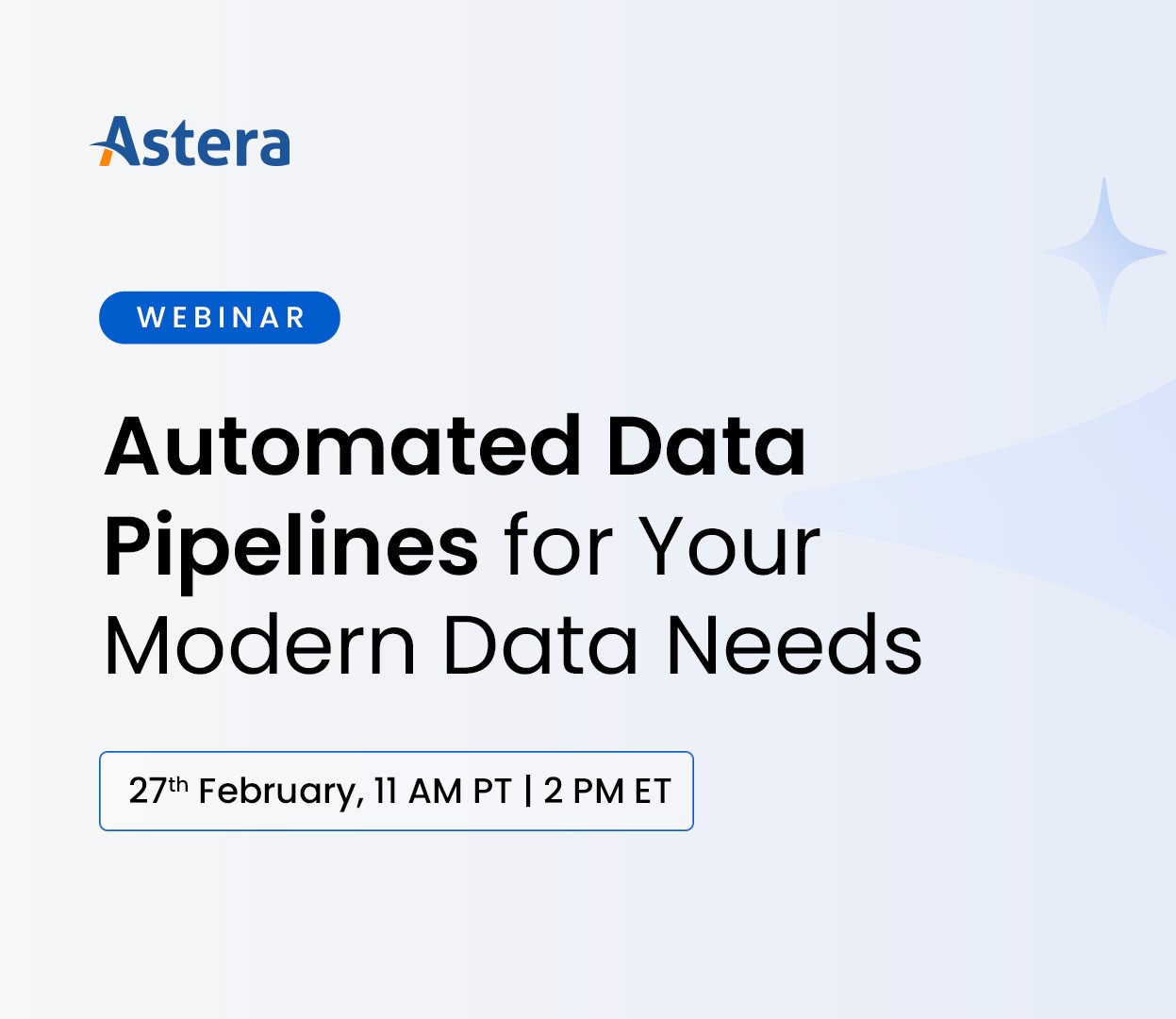
Transforming Healthcare Efficiency: Save 80% of Time with Automated Medical Record Data Extraction
Medical record management is a critical aspect of any hospital’s operations. Accurate and timely access to patient data is crucial for providing quality care and making informed decisions. While many hospitals still rely on manual data entry and retrieval processes, there is a growing opportunity for ways hospitals can streamline their operations and achieve substantial time savings.
Luckily, there’s a game-changing solution: automated medical record data extraction. Studies show that by automating just 36% of document processes, healthcare organizations can save up to hours of work time and $11 billion in claims.
So, let’s delve further into how healthcare organizations are significantly improving their medical record management processes using an automated data extraction tool.
The Digital Revolution in Healthcare: Understanding Automated Medical Record Data Extraction

Automated medical record data extraction is a software-driven process that automatically extracts relevant data from medical records and enters it into electronic health records (EHRs) or other systems. It uses sophisticated AI algorithms to read medical records and automatically identify relevant data. This healthcare data management software is designed to recognize critical data points such as patient demographics, medical history, and test results.
Automated medical record data extraction can be used for various types of medical records including doctor’s notes, lab reports, and discharge summaries. It can also identify and extract data from unstructured data sources, such as handwritten notes, which can be particularly challenging for manual data entry.
Streamlining Medical Record Management: XYZ Hospital’s Real Life Journey from Manual to Automated Processes
XYZ Hospital, a leading healthcare institution, prioritizes efficiency in delivering exceptional patient care. Like many healthcare institutions, XYZ Hospital recognized the opportunities for improvement posed by traditional paper-based medical record systems.
The reliance on manual data entry processes introduced the risk of human error, leading to inaccuracies in medical records. XYZ Hospital understood that such inaccuracies could have dangerous consequences, including incorrect diagnoses and inappropriate treatments, which could harm patients and result in legal implications.
To make matters more challenging, inefficient tagging and document archiving practices contributed to approximately 30% of patient charts being misplaced. Additionally, care transitions posed a significant risk, as over 80% of serious medical errors occurred during these transitions.
Retrieving and analyzing patient records was another area of concern for XYZ Hospital. The manual processes in place caused delays in locating and retrieving records, resulting in increased response times, and reduced overall efficiency. Such delays were particularly unacceptable in critical situations, such as when patients were brought into the emergency room. Accessing necessary records could range from several minutes to hours, potentially jeopardizing patient outcomes.
To overcome these challenges and optimize its operations, XYZ Hospital turned to automation, resulting in substantial time savings and improved overall productivity.
Unlocking Efficiency: Why Automated Data Extraction Tools are Vital for Medical Record Management
Automated data extraction tools offer numerous advantages for medical record management within healthcare organizations. By choosing to implement these tools, healthcare providers can experience the following benefits:
- Time Efficiency: Automating the data extraction process significantly reduces the time required for manual data entry and retrieval tasks. Healthcare professionals can save valuable time and allocate it to more critical activities such as direct patient care. With automated data extraction, accessing and analyzing patient records becomes faster and more streamlined.
- Enhanced Accuracy: Automated data extraction tools utilize advanced algorithms to extract and transcribe information from medical records accurately. This improves data accuracy, minimizing the risk of incorrect diagnoses, treatments, or medication administration. Accurate data ensures better patient safety and outcomes.
- Improved Workflow and Productivity: By reducing the reliance on manual processes, healthcare professionals can focus on providing quality care instead of spending excessive time on administrative tasks. Streamlined workflows lead to more efficient patient care delivery.
- Cost Reduction: By reducing manual labor and minimizing errors, healthcare providers can allocate their resources more effectively. This can lead to reduced staffing needs, decreased transcription costs, and better financial utilization, ultimately contributing to cost reduction and increased operational efficiency.
- Enhanced Data Accessibility and Collaboration: Automated data extraction tools digitize and organize medical records, making them easily accessible to authorized healthcare personnel. Digitized records stored in electronic health record (EHR) systems allow for quick retrieval and seamless sharing of information among healthcare teams.
- Compliance and Security: Automated data extraction tools help healthcare organizations maintain compliance with privacy regulations, such as HIPAA. Compliance with regulations safeguards patient privacy and mitigates legal and financial risks for healthcare providers.
Revolutionizing Medical Record Management: The Journey of Implementing a Data Extraction Tool at XYZ Hospital
Need Assessment
The first phase of adopting the data extraction tool at XYZ Hospital was assessing the hospital’s specific needs and requirements. The hospital’s management team conducted a thorough analysis of the current medical record management process to identify areas that could benefit from the implementation of the data extraction tool.
Customization of Tool
The data extraction tool was then customized to meet XYZ Hospital’s specific needs. The management team worked closely with the tool’s developers to configure extraction algorithms, specify data fields, and customize formatting for easy interpretation.
Staff Training
A brief training was provided to all staff members involved in medical record management—the training covered tool usage, data interpretation, and leveraging extracted data for clinical decision-making. Ongoing support was provided to ensure effective and efficient tool utilization.
Unleashing the Power of Automation: Introducing XYZ Hospital’s Game-Changer Tool
XYZ Hospital successfully implemented Astera’s advanced automated data extraction tool – ReportMiner, revolutionizing their medical record management process. With its remarkable capabilities, Astera ReportMiner effortlessly processes vast volumes of documents, eliminating the need for laborious manual data entry. This automation ensures unparalleled accuracy and efficiency in data extraction, liberating staff members from time-consuming transcription tasks.
The user-friendly interface of the automated healthcare data management software requires minimal training, enabling all staff members involved in medical record management to adapt quickly.
Moreover, the seamless integration of Astera ReportMiner with XYZ hospital’s existing systems, particularly the EHR system, facilitates real-time data availability for healthcare providers, leading to enhanced decision-making and improved patient care quality. The tool’s integration also allows for effortless data transfer between various departments meaning data can be accessed by different departments, such as the billing department and the research department, without manual data transfer eliminating the need for manual interventions and promoting seamless collaboration across the organization.
XYZ Hospital’s commitment to excellence in data accuracy and compliance has been further amplified with the adoption of Astera ReportMiner. The tool’s automated data validation feature ensures accuracy and consistency, enabling XYZ Hospital to avoid costly mistakes and maintain compliance with regulatory standards, including the stringent HIPAA guidelines.
A productivity analysis conducted by XYZ Hospital revealed that after the implementation of Astera Reportminer, XYZ’s healthcare professionals now spend 80% less time on administrative tasks related to data extraction, allowing them to focus more on patient care indicating the positive impact Astera has had on the hospital’s operations.
Conclusion: The Value of Automation in Medical Record Management
The remarkable success achieved through the implementation of Astera ReportMiner has propelled XYZ Hospital into new realms of data management innovation. Building upon this solid foundation, the hospital is actively exploring additional applications of AI technology, such as predictive analytics, and intelligent decision support systems.
The story of XYZ Hospital serves as an inspiration for other healthcare providers to embrace innovative technologies and unlock the full potential of data-driven decision-making, ultimately leading to improved patient outcomes and a brighter future for the healthcare industry.
Are you also ready to unlock the potential of automated medical data extraction just like XYZ Hospital? Discover the power of efficiency, accuracy, and compliance with Astera ReportMiner. Sign up for a 14-day free trial or schedule a demo with our experts today to revolutionize your healthcare institution’s data extraction processes.
 Astera AI Agent Builder - First Look Coming Soon!
Astera AI Agent Builder - First Look Coming Soon!

